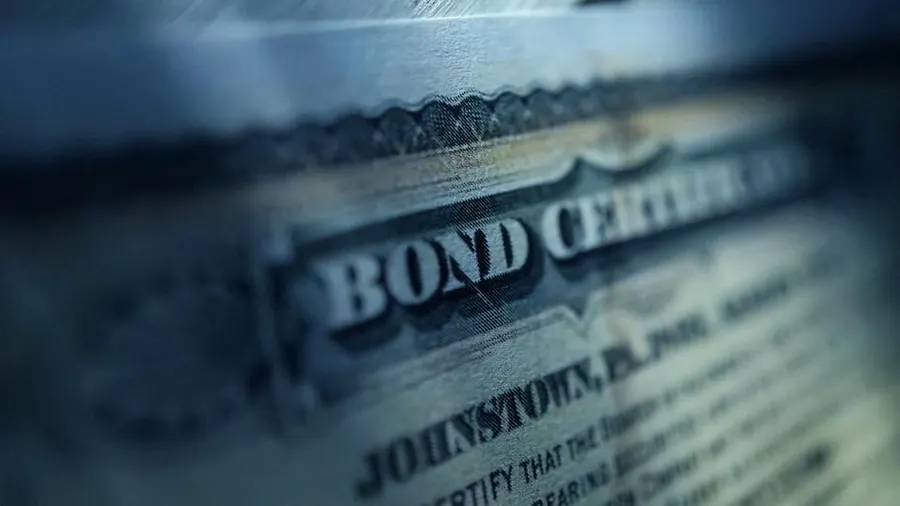
Understanding the Impact of US Bond Rating Decrease on Investments and Your Retirement
As the global economic landscape undergoes constant fluctuations, one of the most recent developments that could significantly affect people’s investments and retirement plans is the decrease in the US bond rating. For soon-to-retire individuals, understanding the implications of this downgrade is crucial for safeguarding their hard-earned savings and securing a stable financial future.
US Bond Rating Decrease: What It Means
The US bond rating serves as an indicator of the nation’s creditworthiness and economic stability. A decrease in this rating signals a potential increase in risk associated with US government bonds. Lower ratings can lead to reduced investor confidence and higher borrowing costs for the government. This shift in perception can have ripple effects throughout the financial market.
Impact on Investments
Soon-to-retire individuals often rely on conservative investments, such as bonds, to preserve capital and generate steady income during retirement. A decrease in the US bond rating can lead to a decline in the value of existing bond holdings. As a result, investors may experience reduced returns and potential losses in the short term.
Moreover, the decrease in bond ratings may prompt investors to seek alternative safe-haven assets, like gold or foreign bonds, which could lead to increased demand and higher prices for these assets. This shift in investment preferences may further impact the overall portfolio diversification strategy.
Impact on Retirement Planning
For individuals on the brink of retirement, a reduced bond rating can present challenges in financial planning. As bond yields decrease, retirees may face lower income streams from their bond investments, potentially impacting their ability to cover essential expenses during retirement.
Furthermore, the impact of a bond rating decrease can extend to other investment vehicles, such as stocks. If investor confidence wanes, stock markets may experience increased volatility, which could jeopardize retirement savings tied to equities.
Mitigating Strategies for Soon-to-Retire Individuals
Despite the challenges, there are strategies that soon-to-retire individuals can employ to safeguard their investments and retirement plans:
- Diversification: Diversifying investment portfolios across various asset classes can mitigate risks associated with fluctuations in bond ratings.
- Consult Financial Advisors: Seeking advice from experienced financial advisors can provide valuable insights into adjusting investment strategies to accommodate changing market conditions.
- Reevaluate Risk Tolerance: Reassessing risk tolerance and adjusting investment allocations accordingly can help achieve a balance between growth and stability.
- Consider Annuities: Annuities can offer a guaranteed income stream during retirement, providing an extra layer of security regardless of bond market fluctuations.The decrease in the US bond rating undoubtedly introduces uncertainties for individuals approaching retirement. To navigate these challenging times successfully, it is crucial for soon-to-retire individuals to stay informed, reevaluate their investment strategies, and seek professional advice. By taking proactive measures, retirees can better protect their investments and secure a comfortable financial future during their golden years.






